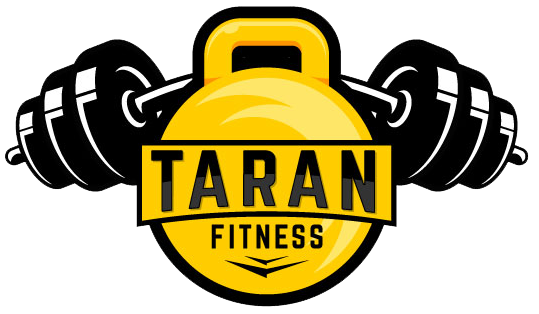Training and nutrition are inseparable partners when it comes to achieving your fitness goals. Whether you’re aiming to build muscle, improve endurance, or simply maintain a healthy lifestyle, what you eat plays a crucial role in your success. In this blog, we’ll explore essential nutritional advice that will not only keep you training but also optimize your performance and recovery.
- Prioritize Balanced Macronutrients
One of the fundamental principles of sports nutrition is ensuring you get the right balance of macronutrients:
- Protein: Vital for muscle repair and growth. Incorporate lean meats, fish, poultry, beans, and dairy products into your diet.
- Carbohydrates: Provide the energy needed for workouts. Opt for complex carbs like whole grains, fruits, and vegetables.
- Fats: Essential for overall health and energy. Include healthy fats from sources like avocados, nuts, and olive oil.
Balancing these macronutrients in your meals helps maintain consistent energy levels, promotes muscle recovery, and supports overall health.
- Timing Matters
The timing of your meals and snacks can significantly impact your training sessions:
- Pre-Workout: Have a balanced meal or snack containing carbs and protein about 1-2 hours before exercising. This provides sustained energy.
- During Exercise: For longer workouts, consider consuming easily digestible carbohydrates, like energy gels or sports drinks, to prevent fatigue.
- Post-Workout: Refuel with a meal rich in protein and carbs within an hour of completing your workout. This aids muscle recovery and replenishes glycogen stores.
- Stay Hydrated
Proper hydration is critical for maintaining energy levels and performance during training. Dehydration can lead to fatigue and decreased workout effectiveness. Aim to drink water throughout the day and consider sports drinks with electrolytes for intense workouts lasting over an hour.
- Incorporate Nutrient-Dense Foods
Choose nutrient-dense foods that provide a wealth of vitamins, minerals, and antioxidants to support overall health:
- Leafy Greens: Spinach, kale, and Swiss chard are packed with vitamins and minerals.
- Berries: Blueberries, strawberries, and raspberries are rich in antioxidants.
- Nuts and Seeds: Almonds, walnuts, and chia seeds offer healthy fats and protein.
- Lean Meats and Fish: These provide essential nutrients like iron and omega-3 fatty acids.
- Customize Your Diet
Every person is unique, and what works for one may not work for another. Consider your specific dietary needs, preferences, and any allergies or intolerances when planning your meals. Consulting a registered dietitian can be incredibly helpful in creating a personalized nutrition plan that supports your training goals.
- Don’t Skip Meals
Skipping meals can lead to low energy levels and decreased performance during workouts. Aim to eat regular, balanced meals and snacks to maintain stable blood sugar levels and keep your energy up throughout the day.
- Listen to Your Body
Pay attention to hunger cues and adjust your food intake accordingly. Overeating can lead to discomfort during exercise, while undereating may result in fatigue and poor performance. Learn to tune in to your body’s signals.
Conclusion
Nutrition is a cornerstone of successful training. By following these nutritional tips and tailoring your diet to your specific needs, you can optimize your workouts, enhance your performance, and reach your fitness goals. Remember that consistency and balance in both your training and nutrition are key to long-term success. Whether you’re an athlete or simply someone who enjoys staying active, the right fuel will keep you training and performing at your best.







Leave A Comment